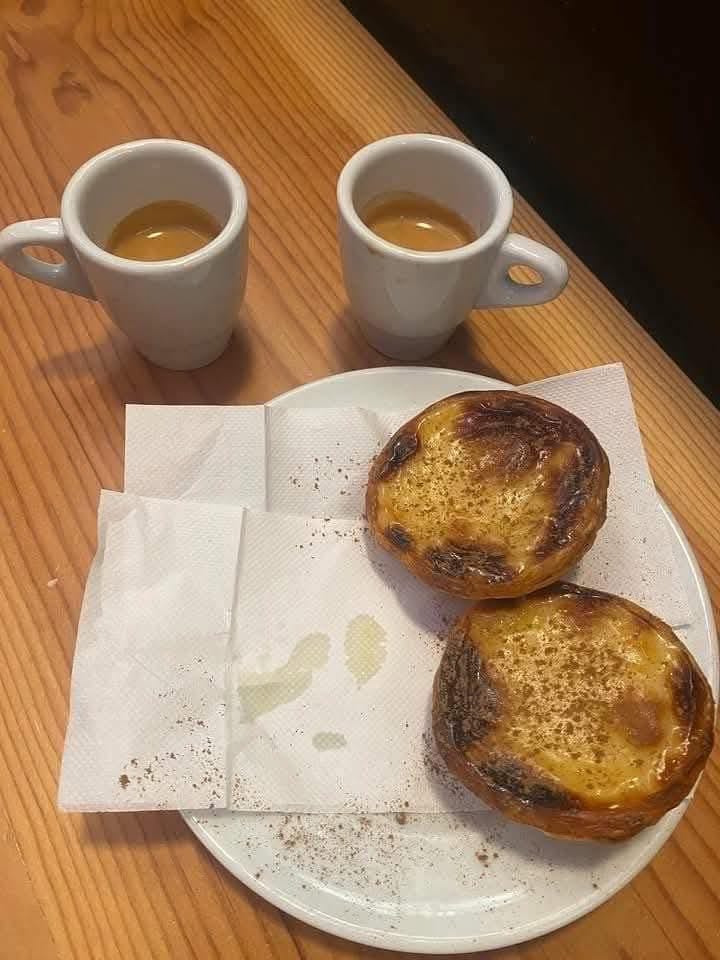A couple of weeks ago, I went out to dinner alone while traveling for work. When my meal arrived, the soup was in a Styrofoam container, and the cutlery was plastic. I hadn’t ordered it to go—I was sitting in the restaurant. This wasn’t a fast-food joint or a convenience store counter; this was a sit-down meal, yet the experience had been stripped of anything that made it feel like one.
I see this happening more and more. I order a coffee, and before I can say anything, it’s handed to me in a paper cup with a plastic lid—even though I’m not going anywhere. It’s not that I mind drinking from a paper cup in the right setting, but what happened to sitting in a café, enjoying a drink in an actual mug? What happened to the simple pleasures of a meal served on a real plate, a drink poured into a glass, a moment made just a little bit more intentional, a little bit more meaningful?
Some people might think this is insignificant, but I don’t believe it is. Sure, call me a snob, but nice things are nice—and when we cheapen everything, when everything is disposable, what is there to care about? What matters?
If we can’t sit in a coffee shop with a real cup, if we can’t have a meal served with proper utensils, if we can’t enjoy a drink in glassware, then we aren’t just cutting costs—we’re stripping the world of small, daily joys that make life richer. And when the details don’t matter, when everything feels temporary and throwaway, it creates a culture of apathy.
The little things—the weight of a ceramic mug in your hand, the way real silverware feels when you eat, the act of sitting down and being present—these are not trivial. They signal that life is something to be experienced, not just consumed. They remind us that our moments, no matter how small, are worth something.
When we treat every interaction as temporary, transactional, and disposable, people start to feel temporary, transactional, and disposable. This isn’t just about personal preference; this has real consequences for mental health, for community, for the way we see and value each other.
This creeping disposability bleeds into everything. It’s in how we treat our cities, our relationships, our work. It’s why loneliness is rising, why depression is so pervasive, why people feel disconnected from their own lives. Because when nothing is designed to last—when even the smallest moments of care and beauty are erased—what’s left?
Details matter. A well-set table, a real cup of coffee, a thoughtfully designed public space—these things are not frivolous. They shape our experience of the world and, in turn, how we feel about ourselves and each other. When people feel valued, they act better. When they feel cheap, they act accordingly.
Nice things are nice. And they make people feel nice. And when people feel nice, they are happier, healthier, kinder. They care more—about themselves, about each other, about their communities. That’s not snobby. That’s just human nature.
Credit – original owner ( respect 🫡)
Follow us – Very Interesting
